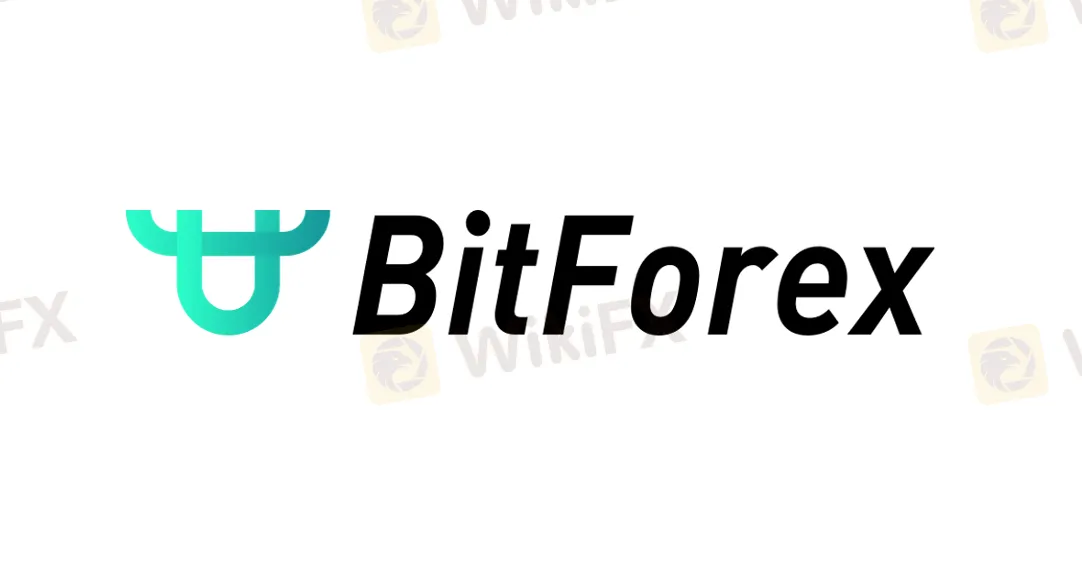WikiFX report: BitForex And Alpari Put On Caution List By Malaysia’s Securities Commission
Abstract:The Securities Commission (SC) stands as the financial regulator of Malaysia, and gave out a statement today. This statement is in regard that Alpari Trading Malaysia, as well as Alpari International, do not have authorizations to operate within the country. As such, the SC has put the global FX broker on its caution list of unlicensed companies.

The Securities Commission (SC) stands as the financial regulator of Malaysia, and gave out a statement today. This statement is in regard that Alpari Trading Malaysia, as well as Alpari International, do not have authorizations to operate within the country. As such, the SC has put the global FX broker on its caution list of unlicensed companies.
Denouncing Alpari
Throughout the past two years, Alpari, a retail forex broker, has closed its business in various countries for various reasons. Back in 2019, the central bank of Russia opted to strip the regulatory licenses off of several local retail FX exchanges. Ever since, the Russian arm of Alpari has ceased all activity.
Back in 2018, Alpari had closed down its Belize subsidiary voluntarily, and moved its clients to its Grenadines and Saint Vincent subsidiaries.
BitForex And Others Added To Blacklist
The SC has also opted to blacklist BitForex, a cryptocurrency exchange, doing so alongside ten websites. This is for operating various investment services, even though these entities do not hold any sort of legal authorization to do business within Malaysia at large. BitForex stands as being incorporated in Seychelles, and is based out of Hong Kong.
Due to their natures, the SC is advising the citizens of Malaysia not to use the services these individuals or companies provide, nor should they make an investment within it. The simple fact is that these entities are neither approved nor licensed by the Securities Commission, and these groups have opted to not seek regulatory approval before doing business in a country they know well they shouldnt be allowed to.
As for the exact details, 11 new names of persons and entities were added to the blacklist. These names are: Alpari International/Alpari Trading Malaysia, BitForex, ICGXE, Azzad Islamic Investment, Ikhlas Exclusive, Rise-Market/Rise Marketing & Consultant Sdn Bhd, World Trade Center Investment/World Trade Center (M) Sdn Bhd, Triumph International/Triumph Investment Malaysia, Gold Hijab Investment Group, Al-Esbah General Trading Co, as well as Royal Win Trade.
Hard At Work Trying To Keep Everything Legal
Back in July, the SC had issued out similar warnings against big names like eToro and Binance, as well as FintechFX and OctaFX. The regulator stated that these platforms dont have the authorization to operate within their countries, and are subsequently not subject to the regulatory oversight of the SC.
Should any individual take part in regulated activities without valid registration or licensing from the SC, that individual is breaking the Capital Markets and Services Act of 2007. Should one of these individuals be convicted, they will face fines and a prison sentence of up to ten years.
Read more

Account Deleted, Funds Gone: A New Broker Tactic to Beware Of?
The main trading dashboard account of a trader for LQH Markets was completely deleted by a broker. The trader is not being offered any access to their funds or profits. This incident shows the risks of trading markets and brokers and the importance of protecting your funds without relying on any broker.

PrimeXBT Expands Trading Options with Stock CFDs on MT5
PrimeXBT launches stock CFDs on MetaTrader 5, offering shares of major U.S. companies with crypto or USD margin for enhanced multi-asset trading.

Broker Comparsion: FXTM vs AvaTrade
FXTM and AvaTrade are two well-established online brokers offering forex and CFD trading across global markets. Both enjoy strong reputations and high ratings on WikiFX—FXTM holds an AAA overall rating, while AvaTrade scores 9.49/10, indicating they’re regarded as reliable choices by the community. However, since brokers have great reputation in the industry, how do we know which one is more suitable for individuals to invest in? Today's article is about the comparison between FXTM and AvaTrade.

Pi Network: Scam Allegations Spark Heated Debate
A whistleblower report has surfaced, casting doubt on the legitimacy of Pi Network, alleging psychological manipulation, opaque operations, and potential financial exploitation. What is your take on this?
WikiFX Broker
Latest News
Love, Investment & Lies: Online Date Turned into a RM103,000 Scam
Broker’s Promise Turns to Loss – Funds Disappear, No Compensation!
Broker Took 10% of User's Profits – New Way to Swindle You? Beware!
Pi Network: Scam Allegations Spark Heated Debate
Broker Comparsion: FXTM vs AvaTrade
Account Deleted, Funds Gone: A New Broker Tactic to Beware Of?
El Salvador and U.S. Launch Cross-Border Crypto Regulatory Sandbox
The Instagram Promise That Stole RM33,000
Kraken Partners with Alpaca to Offer U.S. Stocks and Crypto
Before You Trade the Next Big Thing, Remember the Dot-Com Collapse
Rate Calc

